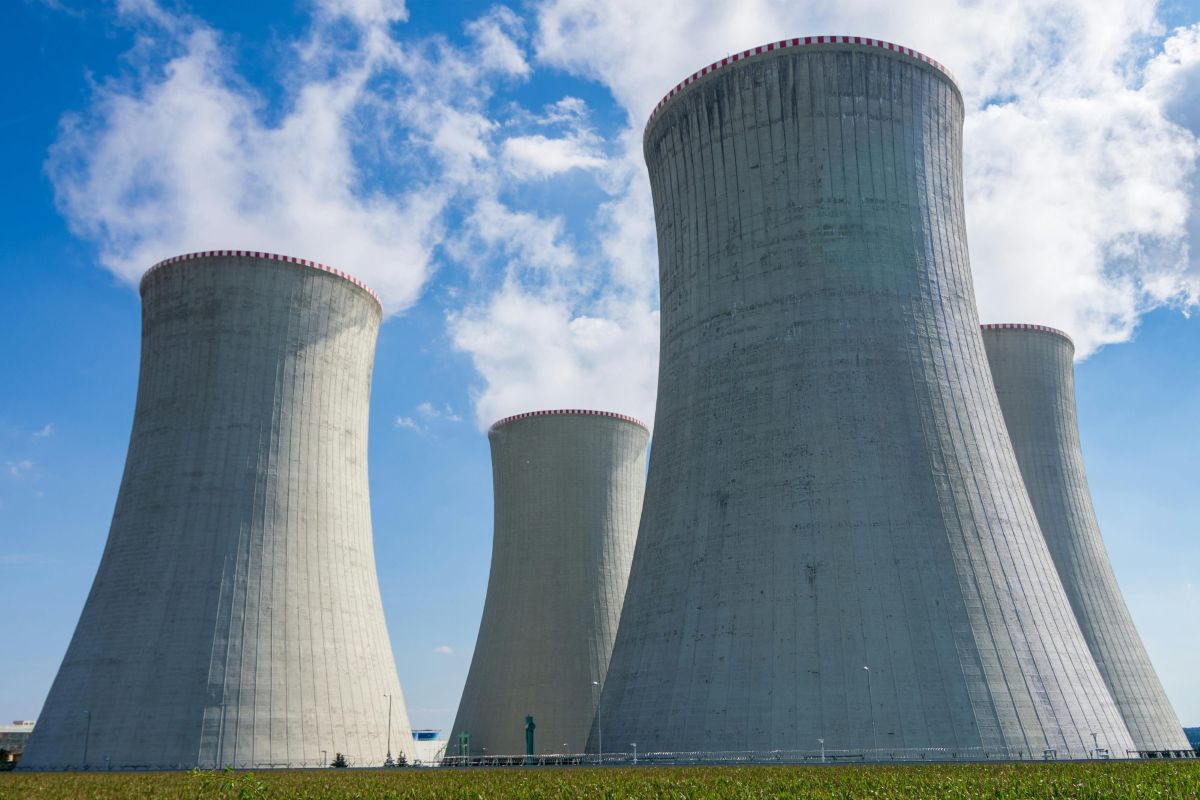I think Vietnam can get inspired by India. In 2023, the country announced the launch of its National Green Hydrogen Mission. There have been some particularly successful green hydrogen initiatives in the state of Kerela, where I’m originally from, and they can offer a valuable blueprint for Vietnam.
Kerala has become a standout example, not just by using renewable energy sources like solar and wind for hydrogen production, but by integrating green hydrogen into a broader ecosystem of sustainable development. The state is leveraging its hydrogen production for both domestic use and export. This strategy not only reduces carbon emissions but also positions Kerala as a leader in creating a comprehensive, future-ready energy infrastructure.
In South America, Chile is leveraging its solar and wind energy potential to become a leading producer and exporter of green hydrogen, even setting a goal to create the cheapest green hydrogen on the planet by 2030 and become one of the world's top three exporters by 2040. A lot of other developing countries are also looking into green hydrogen. Vietnam could greatly benefit by studying their innovative approaches and adapting them to local contexts.
Can you elaborate on why Vietnam should embrace green hydrogen?
There are five main reasons here. First, it is about energy security and independence. Vietnam's heavy reliance on fossil fuel imports exposes it to market volatility and geopolitical risks. The country can generate clean energy by investing in green hydrogen, bolster energy security, and reduce dependency on foreign sources.
Second, green hydrogen can bring economic advantages. The high cost of importing fossil fuels strains Vietnam's economy. Domestic green hydrogen production can significantly cut these costs, allowing the nation to redirect savings into vital sectors like healthcare, education, and infrastructure, thus promoting comprehensive economic development.
Third, this is a way to fulfill the country’s environmental responsibility. Vietnam is committed to reducing greenhouse gas emissions and transitioning to a low-carbon economy. Green hydrogen offers a zero-emission solution, helping the country achieve its environmental goals while improving air quality and public health.
There is also potential for industrial and technological innovation. The production of green hydrogen involves advanced technologies that can drive innovation and create skilled jobs. By developing this sector, Vietnam can establish itself as a regional leader in clean energy, attracting global investments and expertise.
Finally, global market competitiveness can be an enticing reason. As the international community moves towards sustainable energy, early investment in green hydrogen can position Vietnam as a critical player in this burgeoning market, especially within Southeast Asia. By becoming a green hydrogen exporter, Vietnam can contribute to global sustainability efforts and enhance its economic standing.
Story: Ngoc Hoang
Masthead and thumbnail images: stock.adobe.com





